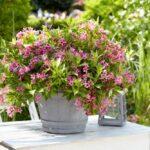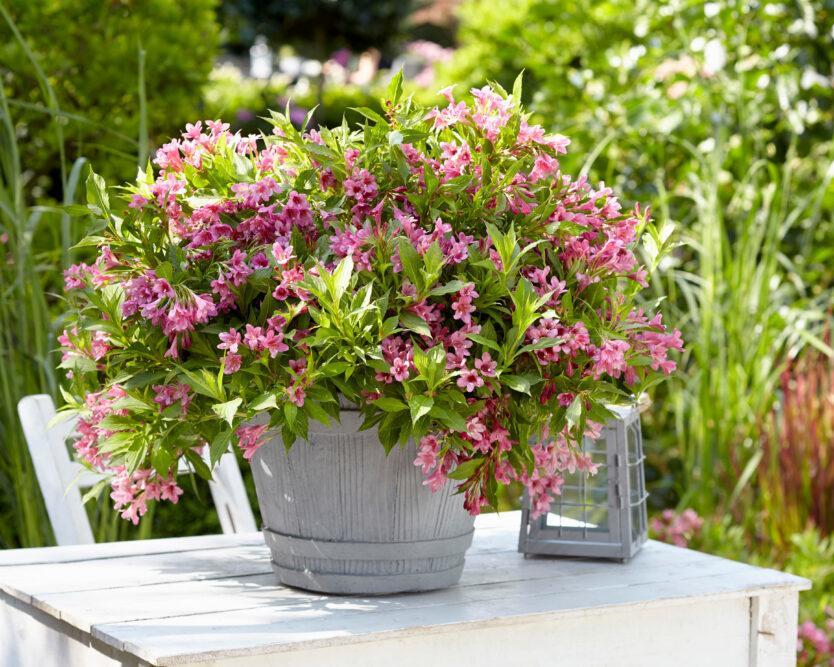 Article by Pattie Baron
Article by Pattie Baron
The great news about houseplants – aside from their ability to make an interior come alive – is that they improve the very air you breathe in your home.
The benchmark Clean Air Study by NASA in the late 1980s, reinforced by other more recent research studies, concluded that plants act like a sponge, mopping up pollutants and pollen spores in the air through their foliage and stems, thus acting as a natural form of air purification. In winter, when we spend most of our time indoors, with windows more likely to be closed than open, houseplants play a valuable role in absorbing toxins including carbon dioxide  and the VOCs – volatile organic compounds – released from myriad man-made products ranging from cleaners and paints to less likely suspects such as carpets and furniture. Keeping it green – no flowers – will also keep sufferers free from hay fever indoors.
and the VOCs – volatile organic compounds – released from myriad man-made products ranging from cleaners and paints to less likely suspects such as carpets and furniture. Keeping it green – no flowers – will also keep sufferers free from hay fever indoors.
Although all houseplants have the ability to purify the air, the boffins at NASA were able to pinpoint some plants that were the most effective at filtering toxins. These include tough-to-kill sansevieria, which is one of the few plants that releases oxygen at night, making it a front runner for a bedroom. The humble spider plant that multiplies at the drop of a stem, is another good bet, and so is aloe vera, devil’s ivy as well as the hugely fashionable ZZ plant that usefully tolerates both light and shade.
Basically, though, the larger the display, the larger the benefit. Grouping houseplants together also creates a humid microclimate which helps keep plants healthy, suiting their natural environment.
 What’s more, a collection of indoor plants – large-leaved for choice – help to reduce noise by absorbing and deflecting sound waves, so are useful in a contemporary space where there is hard flooring and little soft furnishing: position plants at different heights for maximum noise reduction. In research, green – the colour of nature – has been proven to be the most calming colour of all, so placing a houseplant or three in your workspace can help reduce your stress levels, as does the fundamental act of nurturing a plant and seeing it thrive under your care.
What’s more, a collection of indoor plants – large-leaved for choice – help to reduce noise by absorbing and deflecting sound waves, so are useful in a contemporary space where there is hard flooring and little soft furnishing: position plants at different heights for maximum noise reduction. In research, green – the colour of nature – has been proven to be the most calming colour of all, so placing a houseplant or three in your workspace can help reduce your stress levels, as does the fundamental act of nurturing a plant and seeing it thrive under your care.
NOTE As plants transpire through their foliage, it’s important to clean leaves and stems regularly with a damp cloth, and to spray them frequently.














